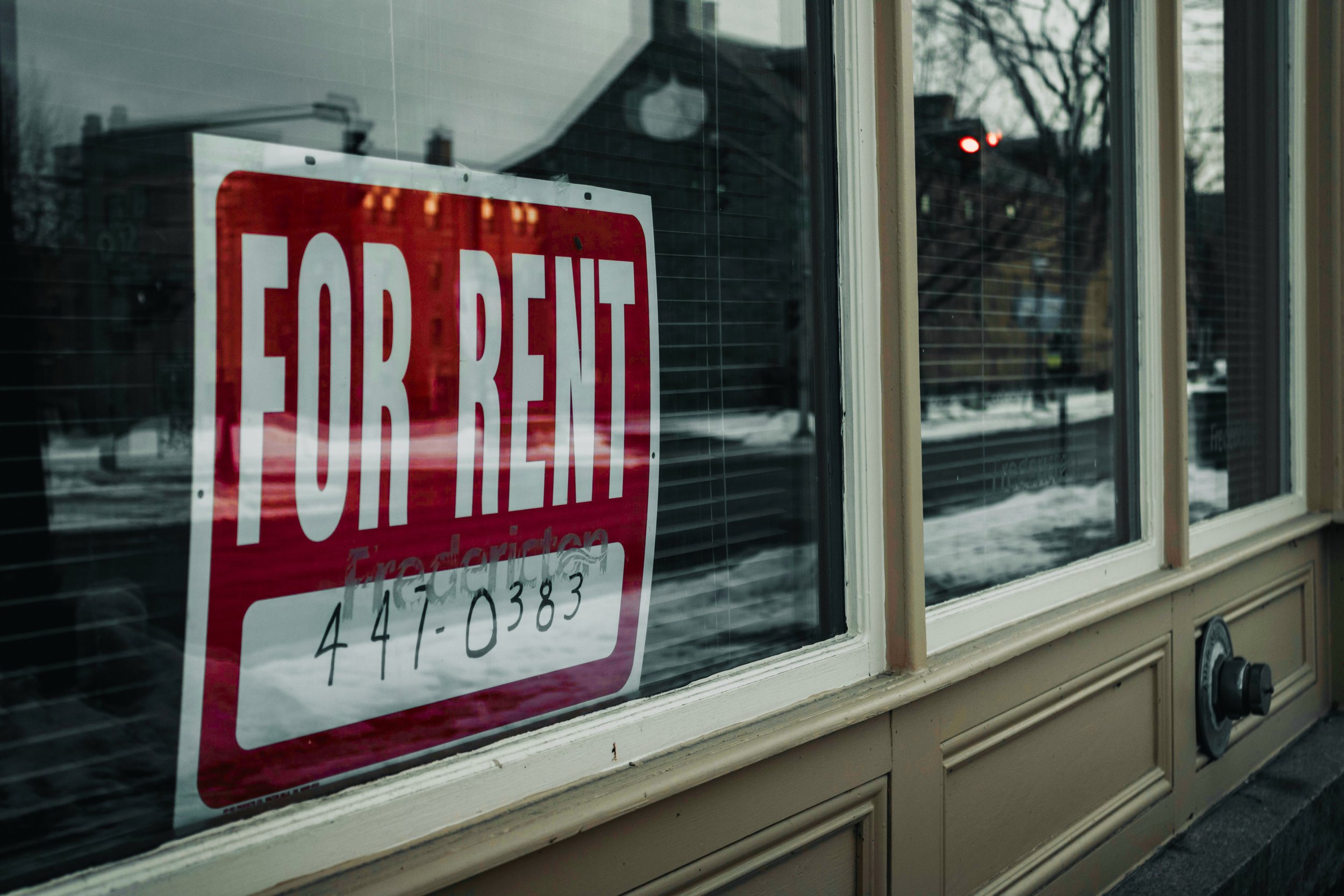Leducate Explains: Renters Rights and Responsibilities
Hint - key terms are defined. Just click on the blue words to see their definitions!
This LedEx article aims to simplify the rights and responsibilities of both tenants and landlords, helping you confidently navigate your tenancy agreement.
Introduction
Renting a property can be a daunting experience, especially for first-time renters like students. Understanding your rights and responsibilities is essential for ensuring a safe and secure living situation. With over 2.5 million Londoners renting from private landlords, many enjoy good housing conditions, but others face significant challenges such as high rents and inadequate maintenance. These disparities make it all the more crucial for tenants to be well-informed.
What is Renting?
Renting means living in a property owned by someone else (the landlord) in exchange for regular payments, known as rent. A tenancy agreement is a legal contract outlining the terms of your rental arrangement. This agreement can be written or verbal, but it’s always best to have it in writing to avoid misunderstandings (1). Knowing your agreement helps protect you from unfair practices and ensures your landlord maintains lawful living conditions.
Main Authorities for Renters and Landlords
Several laws govern the relationship between tenants and landlords in the UK. Key pieces of legislation include:
Landlord and Tenant Act 1985: This act sets out the basic rights and responsibilities of both parties, ensuring properties are safe and fit for habitation.
Smoke and Carbon Monoxide Alarm Regulations 2022: Landlords must install and maintain smoke alarms and provide carbon monoxide alarms in certain situations.
Landlord and Tenant Act 1927: This act covers various aspects of tenancy, including tenants' rights regarding property maintenance.
Defective Premises Act 1972: This law requires landlords to ensure their properties are safe and in good condition, holding them accountable for injuries due to neglect.
Image: by Aaron Sousa via Unsplash
Responsibilities of Landlords and Tenants
Both landlords and tenants have important responsibilities:
Landlords Must:
Maintain the Property: Ensure it is safe, habitable, and in good repair.
Provide Safety Features: Install smoke alarms and ensure gas appliances are safe.
Respect Privacy: Give reasonable notice before entering the property, typically 24 hours, although can be longer if agreed with the tenant (2).
Tenants Must:
Pay Rent on Time: Make sure rent is paid according to the tenancy agreement.
Take Care of the Property: Keep it clean and report any needed repairs.
Follow the Agreement: Stick to the rules set out in the tenancy agreement.
Rights of Landlords and Tenants
Understanding your rights is just as important as knowing your responsibilities:
Landlords Have the Right To:
Collect Rent: Expect timely payment as per the agreement.
Access the Property: Enter for repairs or inspections after giving adequate notice.
Tenants Have the Right To:
Eviction Protections: Tenants are safeguarded against unfair evictions under laws like the Housing Act 1988. Section 21 allows no-fault evictions with proper notice at the end of a tenancy, while Section 8 requires a valid reason (e.g., unpaid rent). Tenants can challenge evictions if legal procedures aren’t followed.
Live in a Safe Environment: Demand that the property is well-maintained and secure.
Privacy: Enjoy your home without unnecessary intrusion.
Challenge Evictions: Be protected from unfair eviction practices.
Image: by Jakub Żerdzicki via Unsplash
Resources for Tenants
Navigating a tenancy agreement can be confusing, but there are plenty of resources to help:
Local Councils: Many provide information on renters’ rights and support.
Shelter: This charity offers advice on housing issues and legal rights for tenants (3).
Citizens Advice: Provides free, confidential advice on social issues, including housing and tenancy agreements.
Common Issues and Mistakes
Renters often face common issues that can lead to problems. Here are some pitfalls to avoid (4):
Not Reading the full Tenancy Agreement: Always read your agreement carefully and ask questions if unclear.
For example, Emily, a first-year student, signed her agreement without reviewing it and overlooked a strict “no pets” policy. When her roommate adopted a puppy, Emily risked eviction.
Not taking photos before moving in: to ensure that you receive your full deposit after ending your tenancy, take photos and videos of appliances, damage, cleanliness and other aspects of the property before you move in.
This will help show your landlord that the way you leave your property after your tenancy is the same as when you moved in.
Failing to Report Repairs: Don’t wait to report issues. Notify your landlord promptly to avoid worsening problems.
Ignoring Deposit Protection: Ensure your deposit is protected in a government-approved scheme, helping you recover your money when you move out.
Conclusion
Understanding your rights and responsibilities as a tenant is vital for ensuring a safe living space. A tenancy agreement is not just a formality; it’s your roadmap for navigating your renting experience. Knowledge empowers you to advocate for yourself, helping you avoid pitfalls and ensuring that your landlord addresses issues promptly.
By being informed, you can protect yourself from unexpected issues and confidently assert your rights.
Remember, a well-informed tenant is an empowered tenant!
Written by Granit Berisha
Glossary Box
Rent: a tenant's regular payment to a landlord for the use of their property or land.
Tenancy agreement: a legal contract outlining the terms of your rental arrangement, giving renters and landlords certain rights and responsibilities.
Evictions: the legal process of removing a tenant from a rental property.



